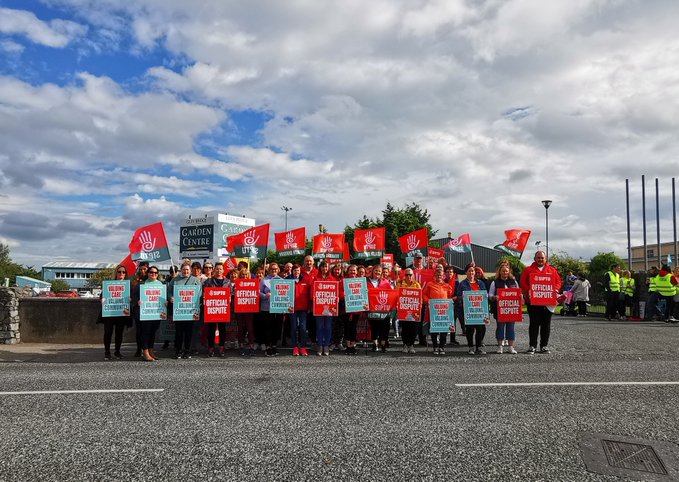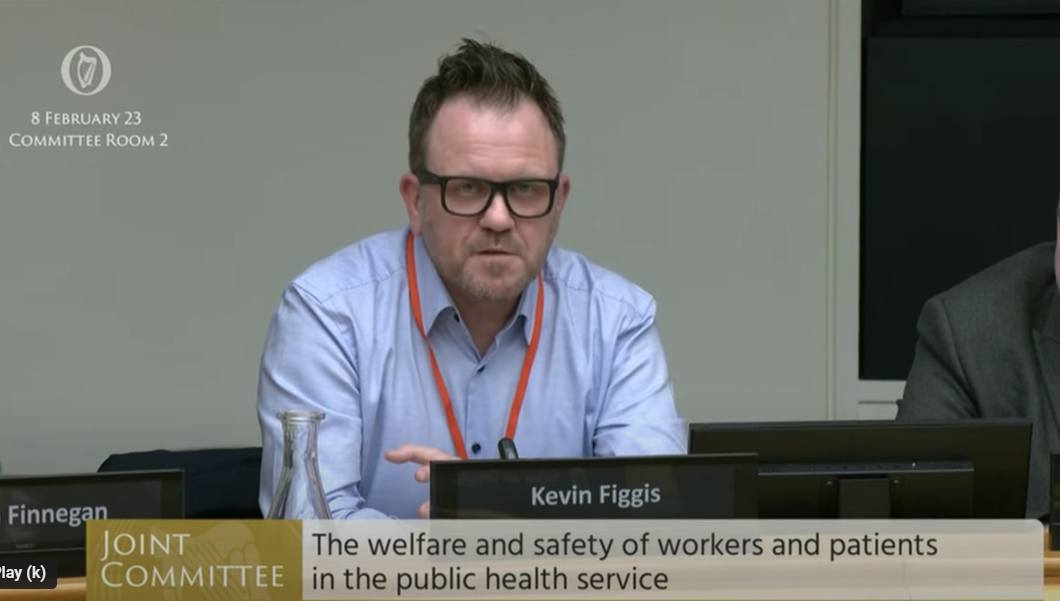SIPTU members in the National Ambulance Service begin ballot for strike action
SIPTU members in the National Ambulance Service (NAS) have begun a ballot for strike action in a dispute regarding the failure of the HSE to fully implement a series of reforms which would benefit this vital public service.
The series of proposed reforms are contained in the Roles and Responsibilities Report for NAS, which was commissioned by NAS management, SIPTU and the HSE. It’s recommendations include the introduction of new grades of staff, new job descriptions and the upskilling of existing staff.
SIPTU Sector Organiser, Ted Kenny, said: “This report provides for a proposed new structure for the service, which includes revised pay scales for our members. Following months of intensive, local engagement on this issue with NAS management our representatives are deeply concerned that it is yet to be implemented.
“Our members have fully co-operated with the plan drawn up by management to develop the service and they expect commitments concerning new grades and pay scales which were made to them to be met. Our members will not accept any deviation from the reality that it is management’s function to secure the necessary funding to deliver the agreed vision for the service. This includes any payments arising to staff as part of their overall restructuring plan.”
He added: “SIPTU is of the view that the business case for the implementation of this report is outside the terms of the Building Momentum Public Service Agreement. We do not accept the premise that delivery of the service level aspects of the plan are permitted yet the commitments to staff in return are deemed to be a cost increasing claim. It is the function of management to secure the necessary funding to deliver the commitments it has made.”
The ballot for strike action will conclude on Thursday 4th May 2023.



